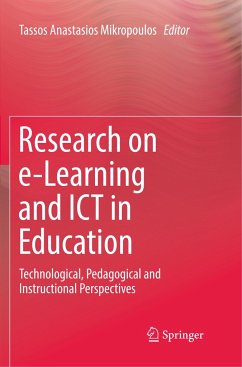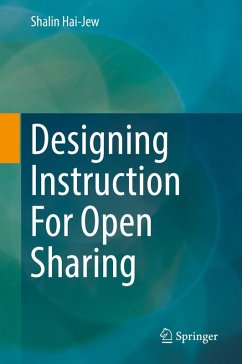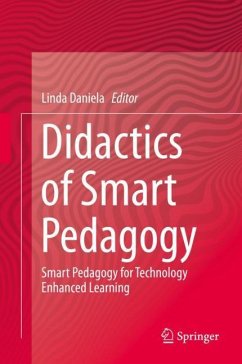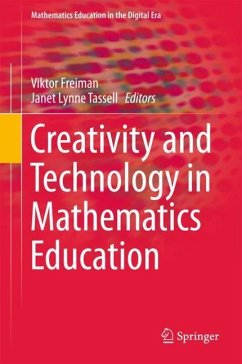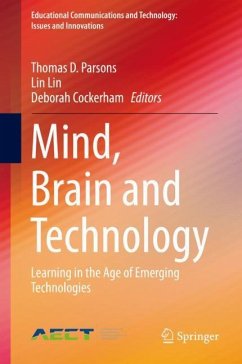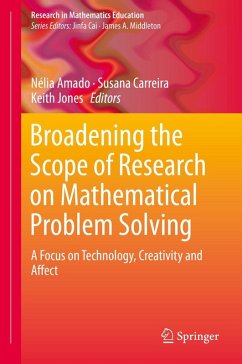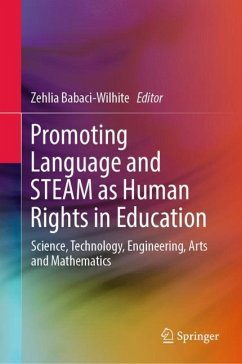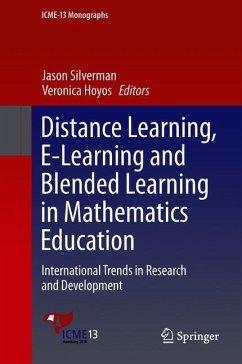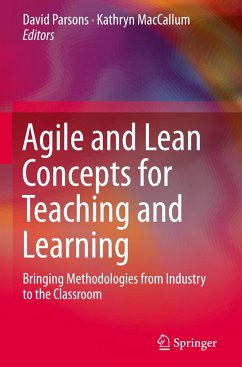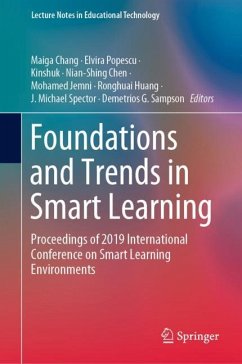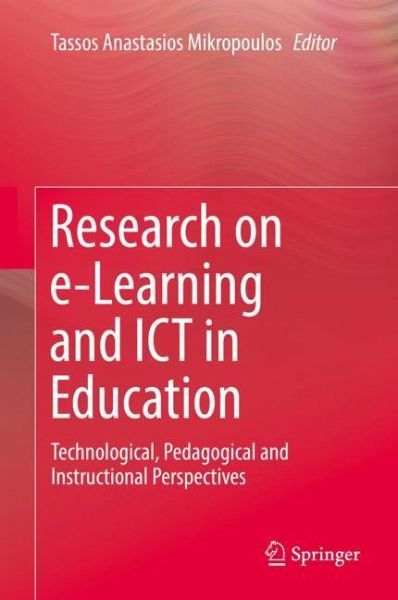
Research on e-Learning and ICT in Education
Technological, Pedagogical and Instructional Perspectives
Herausgegeben: Mikropoulos, Tassos Anastasios

PAYBACK Punkte
38 °P sammeln!
This book is an essential text for researchers and academics seeking the most comprehensive and up-to-date coverage of all aspects of e-learning and ICT in education, providing expanded peer-reviewed content from research presented at the 10th Panhellenic Conference on ICT in Education. The volume includes papers covering technical, pedagogical, organizational, instructional, as well as policy aspects of ICT in Education and e-Learning, and emphasizes applied research relevant to the educational realities in schools, colleges, universities and informal learning organizations. Research on e-Lea...
This book is an essential text for researchers and academics seeking the most comprehensive and up-to-date coverage of all aspects of e-learning and ICT in education, providing expanded peer-reviewed content from research presented at the 10th Panhellenic Conference on ICT in Education. The volume includes papers covering technical, pedagogical, organizational, instructional, as well as policy aspects of ICT in Education and e-Learning, and emphasizes applied research relevant to the educational realities in schools, colleges, universities and informal learning organizations. Research on e-Learning and ICT in Education is a valuable resource for education professionals interested in keeping up with current trends, perspectives, and approaches determining e-Learning and ICT integration in practice, including learning and teaching, curriculum and instructional design, learning media and environments, teacher education and professional development.





